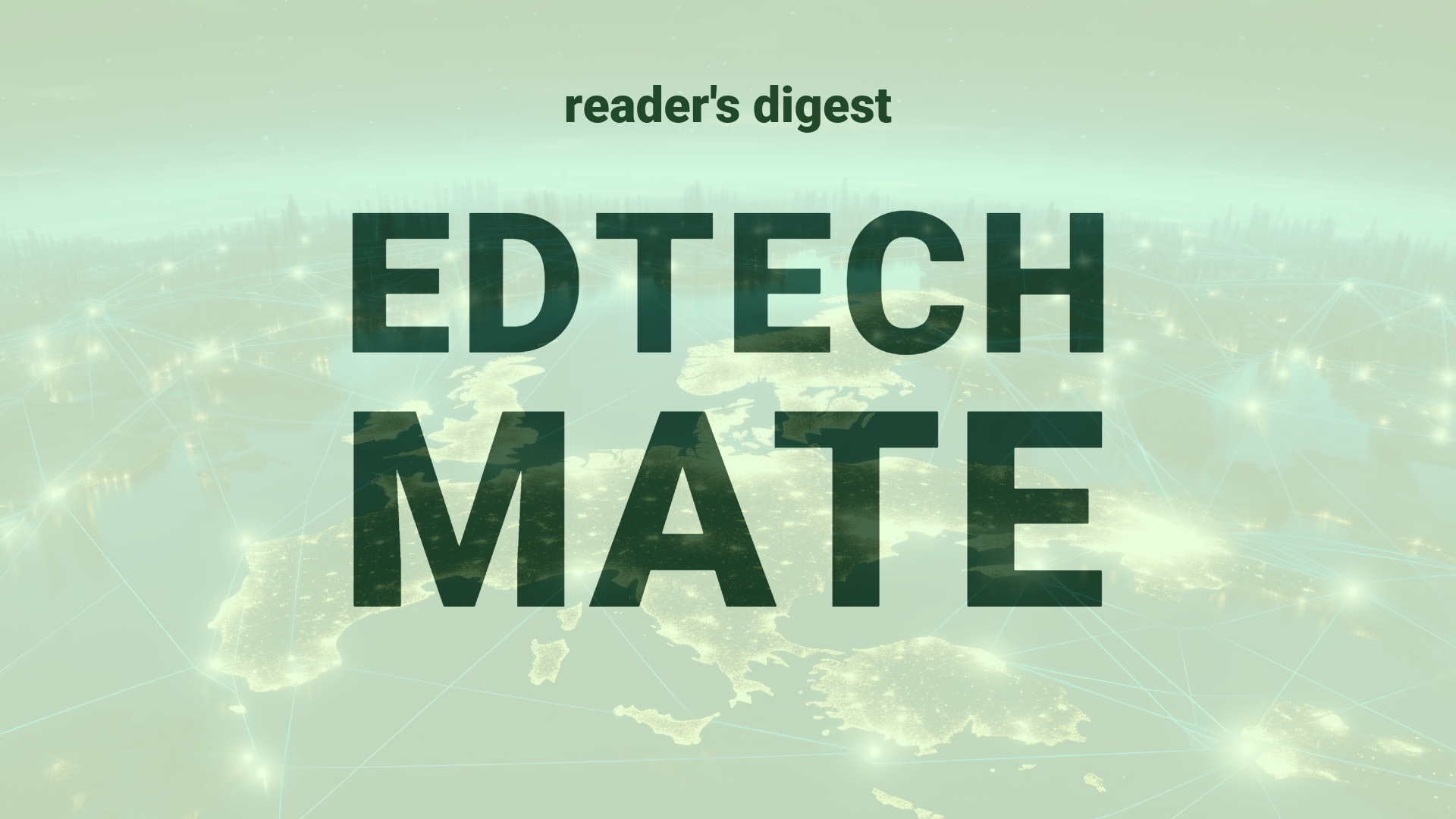“`html
Executive Summary and Main Points
In the realm of higher education, particularly within the context of Ph.D. candidature, the transition from structured learning to independent research poses various challenges. In navigating the first year of Ph.D. studies, several key strategies stand out: an intensive reading regime, establishing a rigorous routine, embracing and learning from failures, developing expertise in analysis techniques, adeptly managing requests and expectations through negotiation skills, and maintaining a hobby outside academia. Collectively, these approaches are crucial in grounding new researchers and equipping them to thrive in a dynamic academic environment.
Potential Impact in the Education Sector
Adopting these strategies has implications for further education and higher education sectors, as they foster critical thinking, resilience, and problem-solving abilities. In the burgeoning space of micro-credentials, strategic partnerships between educational institutions and technology providers could benefit from streamlined processes and informed student support systems informed by these insights. Digitalization in curriculum development might also be shaped by these strategies, encouraging a more personalized and adaptive learning experience.
Potential Applicability in the Education Sector
Integrating AI and digital resources can greatly enhance the suggested approaches. AI-driven recommendation systems could personalize reading materials for researchers, while digital tools for schedule optimization and progress tracking could support the establishment of productive routines. Furthermore, AI-augmented analytics can empower students to understand complex datasets with greater ease, thus accelerating the development of their expertise in their chosen field.
Criticism and Potential Shortfalls
Despite potential benefits, the emphasis on personal responsibility and individual learning strategies may not adequately address systemic challenges in the education sector, such as unequal access to resources and varying levels of support. Cultural and ethical considerations are also crucial, as the tactics must be adaptable to diverse academic environments globally, with sensibility towards different learning styles and needs. Comparative international case studies would aid in understanding the universal applicability of these strategies.
Actionable Recommendations
Educational leaders can implement these technologies into their projects, fostering collaborations with EdTech companies to develop tools for personalized learning paths and failure analysis. They could also organize workshops on negotiation skills and stress management for researchers, informed by AI analysis of common stressors. Additionally, institutions should encourage researchers to foster a work-life balance, potentially offering access to non-academic activities directly within the campus environment.
“`

